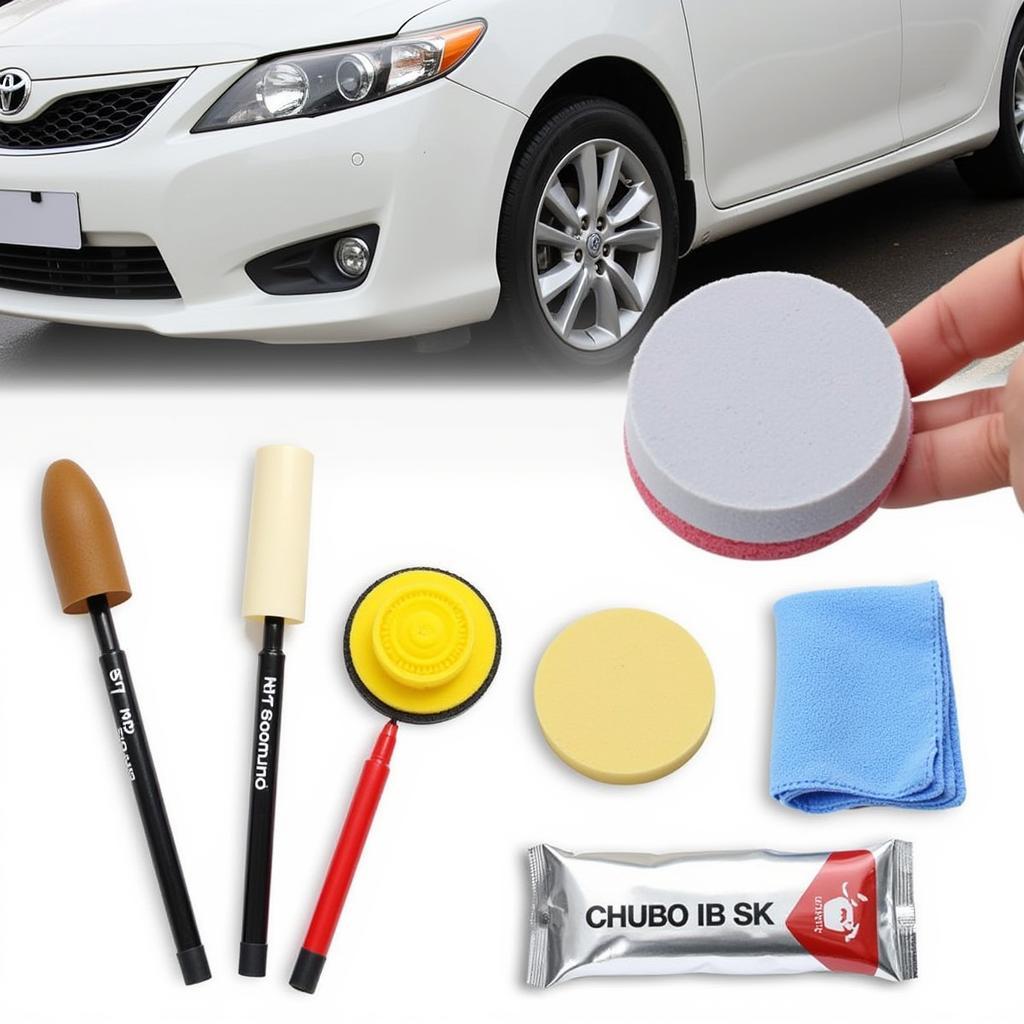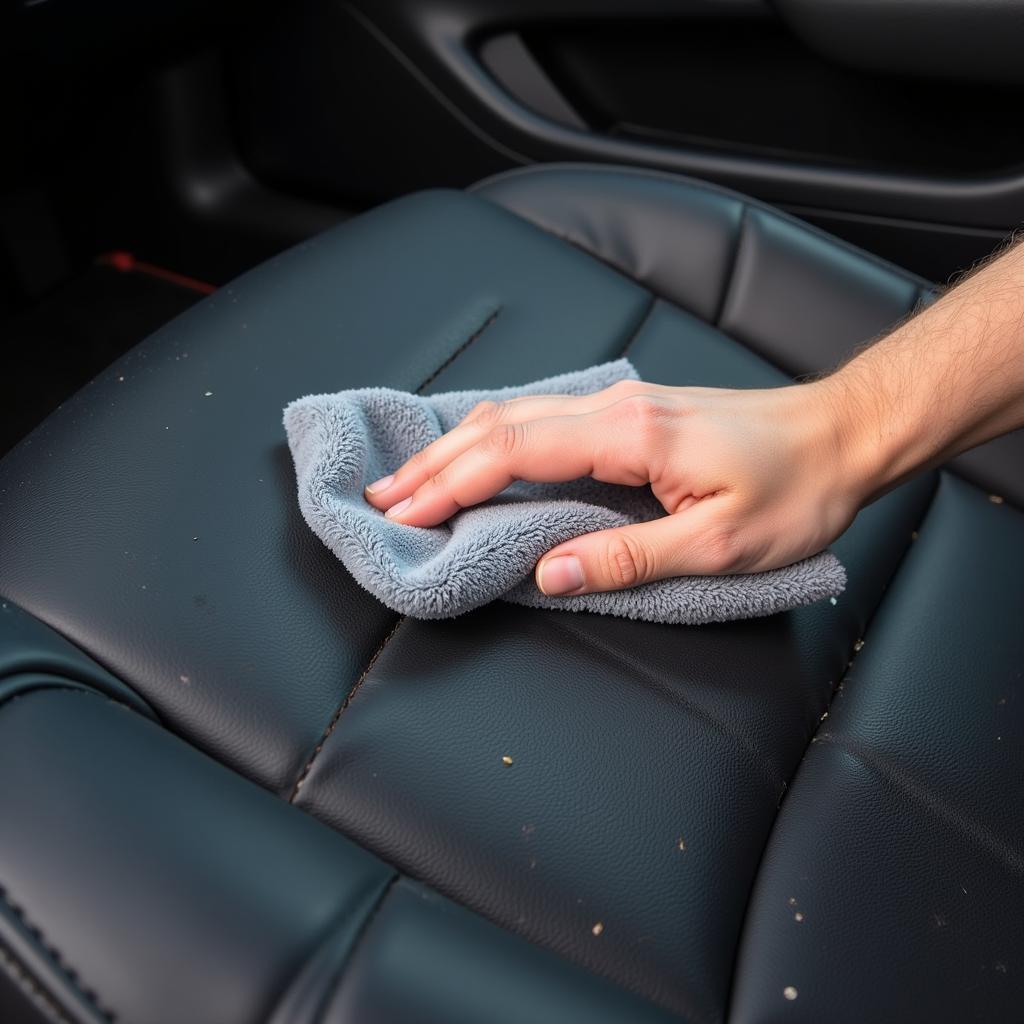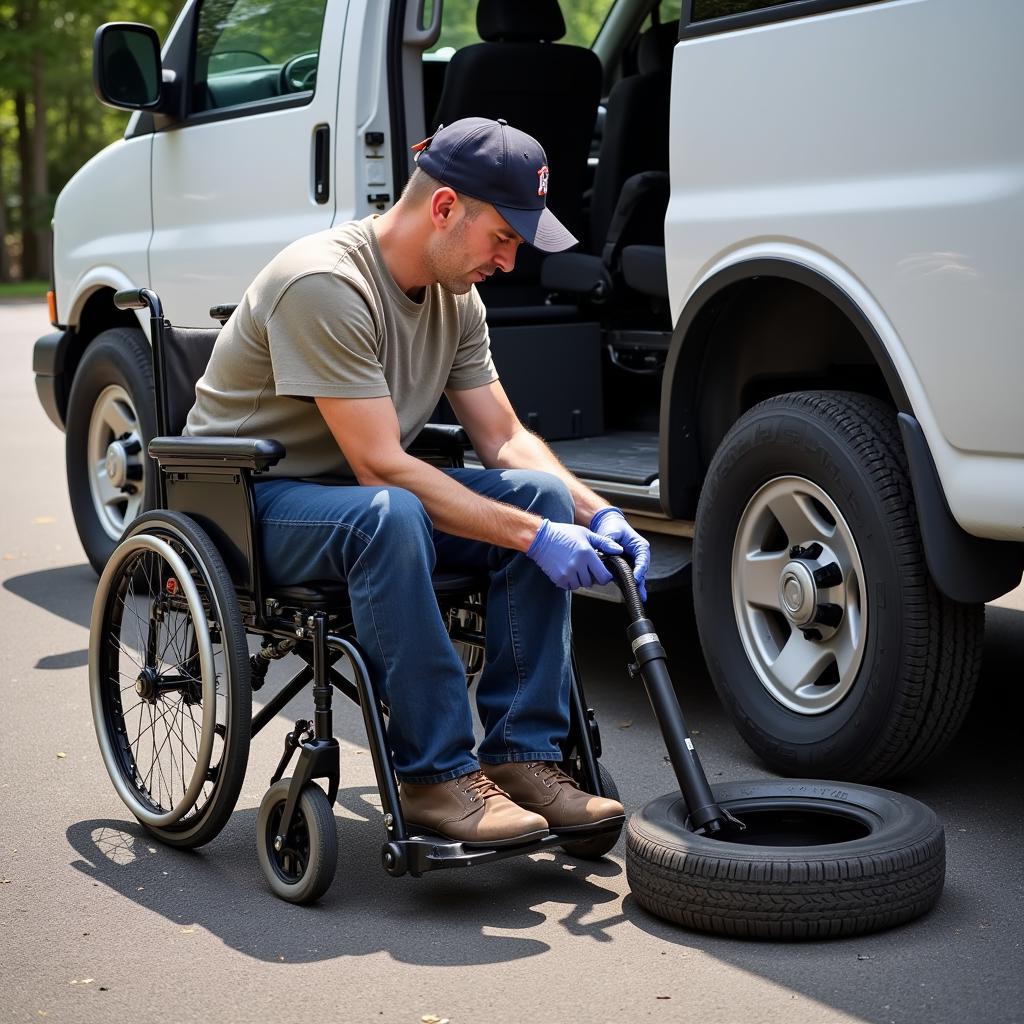Keeping your classic car in top condition requires dedication and attention to detail. Whether you’re a proud owner or a mechanic working on these beauties, you need access to the right resources and knowledge to ensure your classic car remains reliable and stunning. This comprehensive guide will equip you with the essential information for classic car maintenance, ensuring your pride and joy stays on the road for years to come.
Understanding the Unique Needs of Classic Cars
Classic cars are a testament to automotive history, but their age presents unique challenges when it comes to maintenance. Unlike modern vehicles equipped with advanced technology, classic cars rely on simpler mechanics and often require specialized parts and expertise.
Key Differences from Modern Cars
- Older Technology: Classic cars utilize mechanical systems that have evolved significantly in modern vehicles. This means you’ll need to understand the intricacies of carburetors, distributors, and other components that are no longer common in new cars.
- Limited Availability of Parts: Finding replacement parts for classic cars can be a challenge. Many manufacturers discontinued production of these parts, requiring sourcing from specialized suppliers or even relying on restoration shops.
- Potential for Rust and Corrosion: Classic cars are susceptible to rust and corrosion, especially those that have been exposed to the elements. Regular inspection and preventive measures are crucial to avoid costly repairs.
Essential Classic Car Maintenance Tasks
Regular maintenance is key to keeping your classic car running smoothly and preventing major issues. Here are some essential tasks that should be performed routinely:
1. Oil Change & Filter Replacement
Just like with any car, regular oil changes are crucial for engine lubrication and performance. Classic cars often have different oil specifications than modern vehicles, so it’s essential to consult the owner’s manual or a classic car specialist for the recommended oil type and change interval.
Pro Tip: Consider using a high-quality synthetic oil designed for classic car engines, as it can offer better protection and longevity in older vehicles.
2. Cooling System Maintenance
The cooling system is vital to prevent engine overheating, especially in classic cars that may have less efficient cooling systems than newer vehicles. Here’s what you should do:
- Flush and refill the coolant: Regularly flush the cooling system to remove contaminants and replace the coolant with a fresh, high-quality mixture.
- Inspect hoses and belts: Check for cracks, leaks, and wear on hoses and belts, replacing them as needed.
- Inspect radiator: Ensure the radiator is free of debris and functioning correctly.
3. Brake System Inspection and Maintenance
The brake system is essential for safety, and classic cars often require more attention in this area.
- Inspect brake pads and shoes: Check for wear and tear and replace them as necessary.
- Inspect brake lines and hoses: Ensure they are free from leaks, corrosion, and damage.
- Check brake fluid level and condition: Replace brake fluid regularly as it can absorb moisture over time, compromising its effectiveness.
4. Electrical System Checkup
Classic car electrical systems can be more delicate than modern ones.
- Check battery terminals: Ensure they are clean and properly connected to prevent corrosion and loss of power.
- Test alternator and starter: Ensure these components are working correctly to maintain a consistent charging system.
- Inspect wiring and fuses: Look for frayed wires, loose connections, or blown fuses, replacing them as needed.
Finding a Classic Car Specialist Near You
Finding a reliable mechanic specializing in classic cars is crucial for proper maintenance and repairs. Look for shops that have:
- Experience with Classic Cars: Ensure the mechanics have experience working on vintage vehicles and understand the unique challenges they present.
- Specialized Tools and Equipment: Look for shops with the specialized tools and equipment required to diagnose and repair classic car components.
- Access to Parts: A good shop should have access to a network of suppliers for hard-to-find parts or be able to source them efficiently.
- Reputation and Reviews: Check online reviews and customer testimonials to gauge the shop’s reputation and customer satisfaction.
“When it comes to classic cars, choosing the right mechanic is essential. They need to understand the nuances of older technology and have access to the right parts. A skilled specialist can make all the difference in maintaining your classic car’s value and performance.” – John Smith, Classic Car Restoration Expert
Frequently Asked Questions
Q: How often should I service my classic car?
A: The frequency of servicing depends on your driving habits and the age of your car. It’s generally recommended to have a full service every 6 months or 5,000 miles, whichever comes first.
Q: What are some common problems with classic cars?
A: Common issues include engine overheating, electrical problems, fuel system malfunctions, and brake system problems.
Q: How can I prevent rust and corrosion?
A: Regular cleaning, waxing, and undercoating are crucial for preventing rust and corrosion. It’s also essential to store the car in a dry environment and avoid driving it in harsh weather conditions.
Q: Is it expensive to maintain a classic car?
A: Maintenance costs can vary depending on the age and condition of your car. However, it’s often advisable to budget for potential repairs and restoration work, especially if you’re planning to keep your car for a long time.
For more information and expert advice, contact us today!
AutoTipPro
+1 (641) 206-8880
500 N St Mary’s St, San Antonio, TX 78205, United States
Let us help you keep your classic car running in tip-top shape!







Leave a Reply